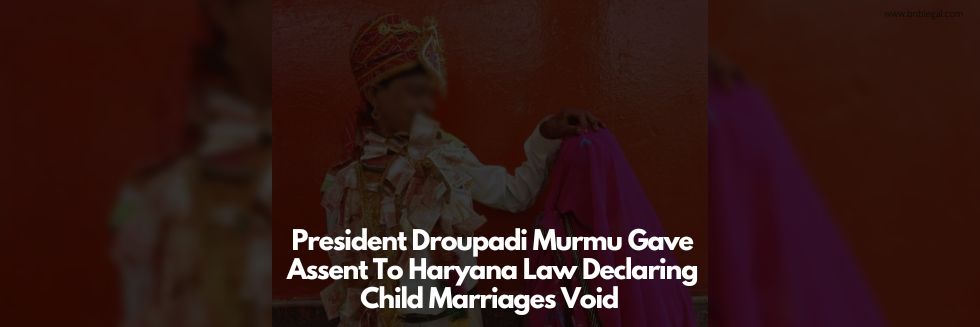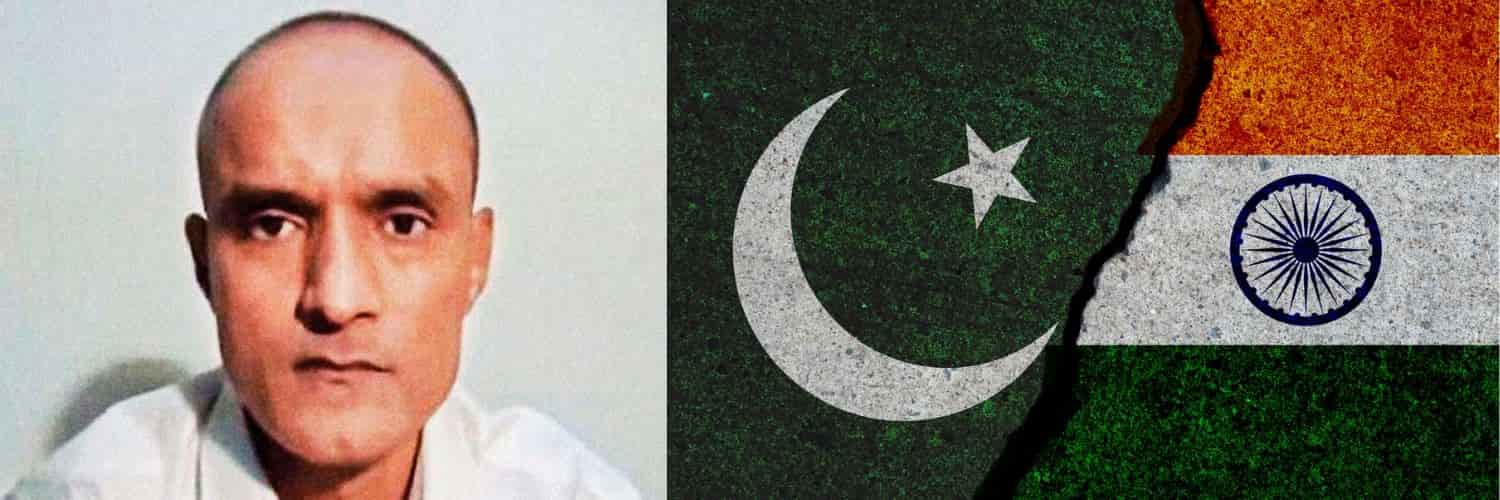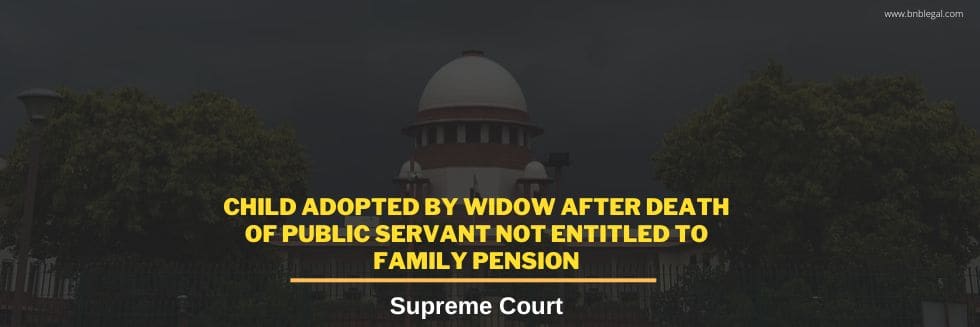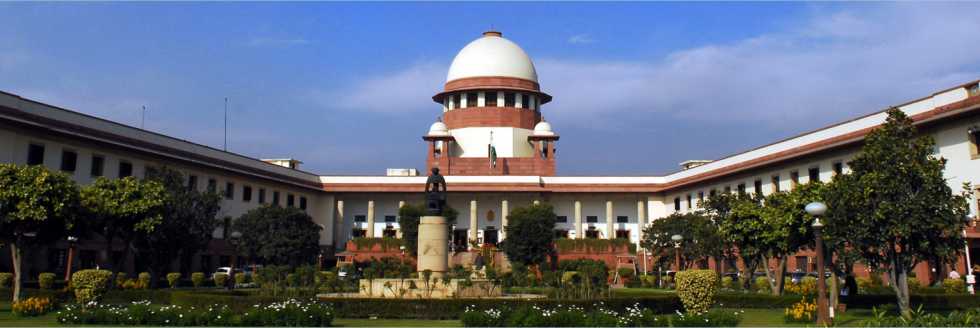President Droupdi Murmu has given her assent to legislation in Haryana as per which every child marriage will be considered “void ab initio” (having no legal effect from inception). Therefore, the law makes the marriage between a man and a girl aged between 15 and 18 years illegal.
The Prohibition of Child Marriage (Haryana Amendment) Bill, 2020 has been enacted following a Supreme Court. The top court has declared that the Protection of Children from Sexual Offences (POCSO) Act, 2012, being a special law, prevails over the Indian Penal Code, 1860 and sex with a minor wife aged between 15 and 18 years, in accordance with the prevailing exception 2 of Section 375 of the IPC, is arbitrary and violative of the Constitution.
The Supreme Court bench invalidated the existing exception 2 of Section 375 of the Indian Penal Code. As per exception 2 of IPC, sexual intercourse between a man and his wife aged between 15 and 18 years does not amount to the offence of rape as defined under IPC Section 375. But as per Section 6 of the POCSO Act, this falls within the definition of rape.
The apex court bench also noted that it would be wise for all the state legislatures to adopt the route taken by Karnataka to make child marriages void and thereby, ensure that sexual intercourse between a minor girl and her husband is a punishable offence under the POCSO Act and the IPC.
“Accordingly, the Prohibition of Child Marriage (Haryana Amendment) Bill, 2020 was enacted and the legislation has now received the presidential assent,” said a Home Ministry official.
The Registration (Tamil Nadu Amendment) Bill, 2021 amends the Registration Act, 1908 to prevent the registration of forged documents and impersonation and to cancel registrations done on the basis of forged documents.
This amendment will give power to the Registrar to issue a show-cause notice asking why a registration shall not be cancelled and on consideration of the reply, may cancel the registration and enter the cancellation in the relevant books and indices.
It will also allow any person aggrieved by an order of the registrar to file an appeal with the inspector-general within 30 days of cancellation.






